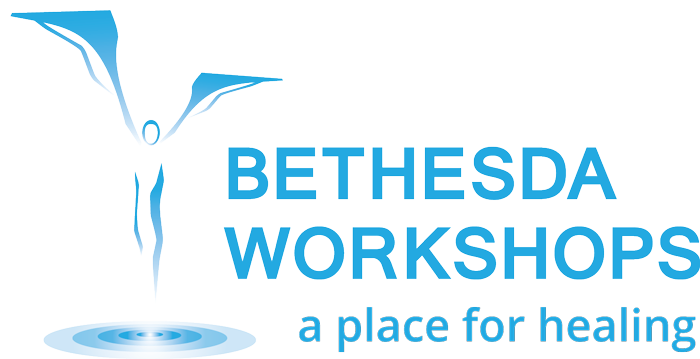For the third time, I’m deleting what I’ve written about coronavirus and starting over. By now, if you don’t know the basics of how and why many of us initially downplayed the risk and associated hype, what we’ve come to understand about the dangers that are far beyond individual patients getting sick or even possibly dying, and the protocols like hand washing and social distancing required to mitigate the risk of infection, then Lord bless you. It’s likely you have other problems much more intractable than even COVID-19.
These multiple attempts have distilled my thinking into what I believe really matters, which is the vast human toll that will topple a disproportionate group of our society. Let’s be honest: If you’re reading this blog, you are privileged. You have internet access, a device to connect to the web, and the luxury to peruse something non-essential to your survival.
Most reading this blog will weather the coronavirus relatively unscathed, and those in our circles will, too. Yes, we may be inconvenienced, frightened, or experience financial downturn, but we will rebound eventually. Millions of the larger circle of our country are not so lucky.
The trickle-down effect of the measures necessary to contain COVID-19 — all the closures of events and gathering places — is exponentially affecting those who are already most vulnerable in our society. No school means no food for the one in five children in the U.S. who live in a “food-insecure” household and depend on the meal(s) provided at school. Millions of adults are a few shifts away from wrenching decisions like food-versus-medicine or even homelessness. Untold numbers of parents have no option for childcare when schools and service organizations are closed, so they must choose between leaving vulnerable children home alone or losing wages or even a job if they stay home to care for them. When you add those who are already homeless, the challenges grow exponentially.
I’m ashamed to admit that these realities rarely, if ever, crossed my privileged radar.
If there is any upside to coronavirus, it may be the spawning of a greater national generosity of resources and spirit. We’re great at joining forces after natural disasters like the tornadoes that hit Nashville a couple of weeks ago. The outpouring of aid was so enormous that places asked the public to stop donating.
The hidden underbelly of our society’s infrastructure of hourly service workers isn’t nearly as identifiable. The rubble isn’t visible; the need isn’t swirling in flood waters or staring glassy eyed at a ravaged landscape. Even now, we’re not fully aware of the crisis at our national doorstep that has little to do with a fever and dry cough.
The good news is that many of the very wealthy are providing significant financial relief. Major league baseball teams are each contributing $1,000,000 to their stadium’s workers. Entertainment figures are making huge personal donations to affected people or efforts to help them. Country singer Dierks Bentley is giving all his 90 employees $1,000 each to help them out while his Nashville restaurant is closed. This philanthropy is wonderful, and it’s not enough to sustain lasting relief.
I believe that with privilege comes responsibility. We are in this together, and we are, indeed, our brothers’ and sisters’ keepers. We can no longer ignore the interconnectivity of all humans and the mutual obligations we have with and to each other. I was touched by an op-ed piece titled “We Cling to American Rugged Individualism at Our Peril,” published online by a woman named Tess Taylor:
“This virus (and the chaos it causes) reminds us of our common lives, our common breath, our deep dependence on interconnectedness: it shows that to thrive we must meet and build and plan and educate and heal and celebrate and make art and grow food and trade goods and eat together, because we are complex social artistic imaginative beings in a web, all attempting to share breath and resources on a planet. The virus reminds us that there is really no elsewhere, no place to retreat, no gated community whose walls will serve: We are all linked, and our health is a community function — the well-being of others is also the well-being of ourselves.“ https://www.cnn.com/2020/03/17/opinions/coronavirus-community-spread-collective-health-taylor/index.html
You may disagree, but that sounds like Jesus speaking to me. I admit I’m paralyzed about what to do, by how to help. Perhaps some of you know of organized efforts that are marshalling resources to help the vulnerable. Will you share with the rest of us? Email me and I’ll post your suggestions on our Facebook page and in a follow-up blog.
I’m certain, though, the solution starts with a change of mindset. I believe that good people want to help others, and together we’ll figure out a way to do that when threatened by a pandemic virus instead of a weather calamity or war. Along with all the bad news, I hear about grassroots efforts to help local citizens. We need to start those efforts and continue them long after the immediate threat is past.
As John Donne wrote, “No [one] is an island.” Maybe in this modern age of individualism, it’s taking coronavirus to show us our interconnectivity.
Marnie C. Ferree
